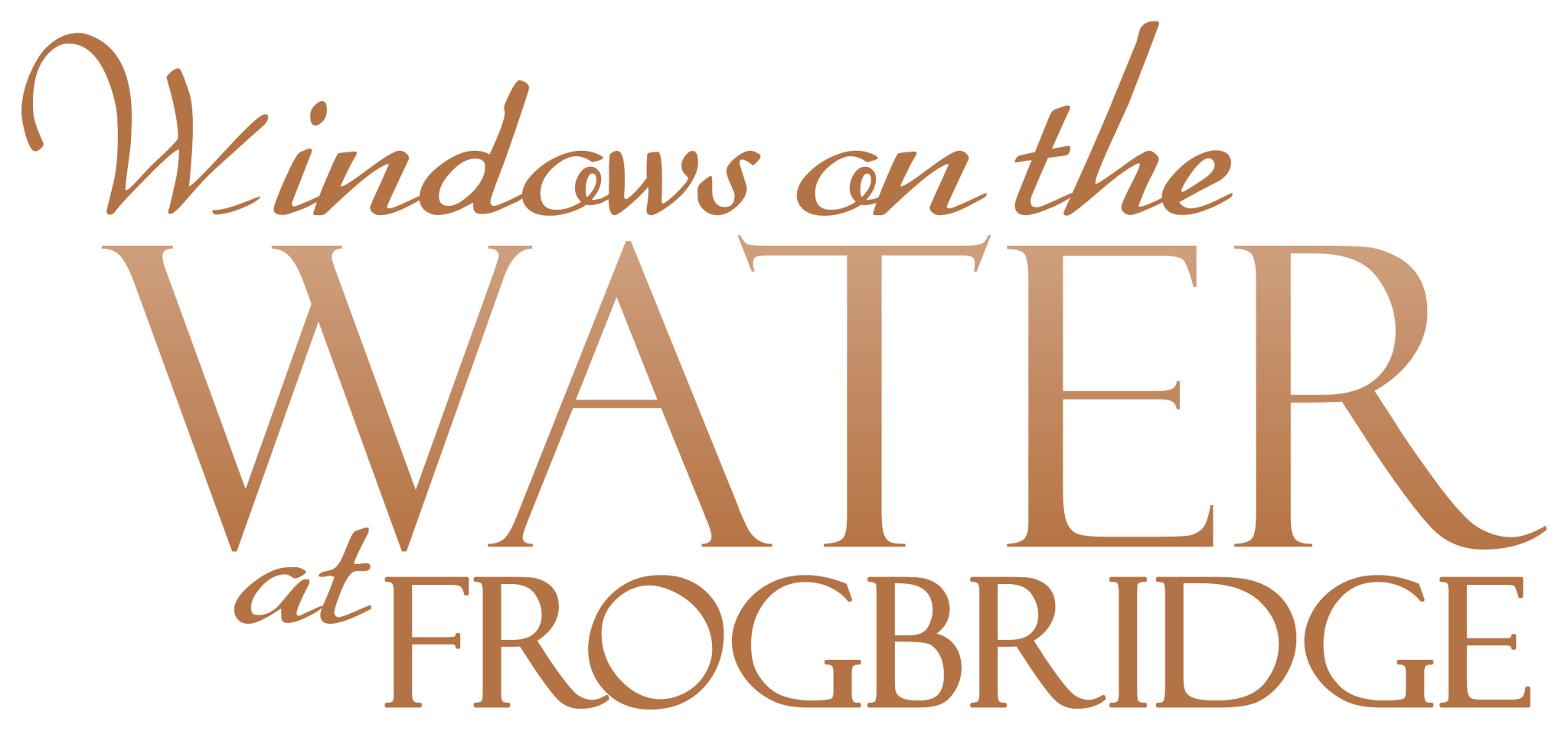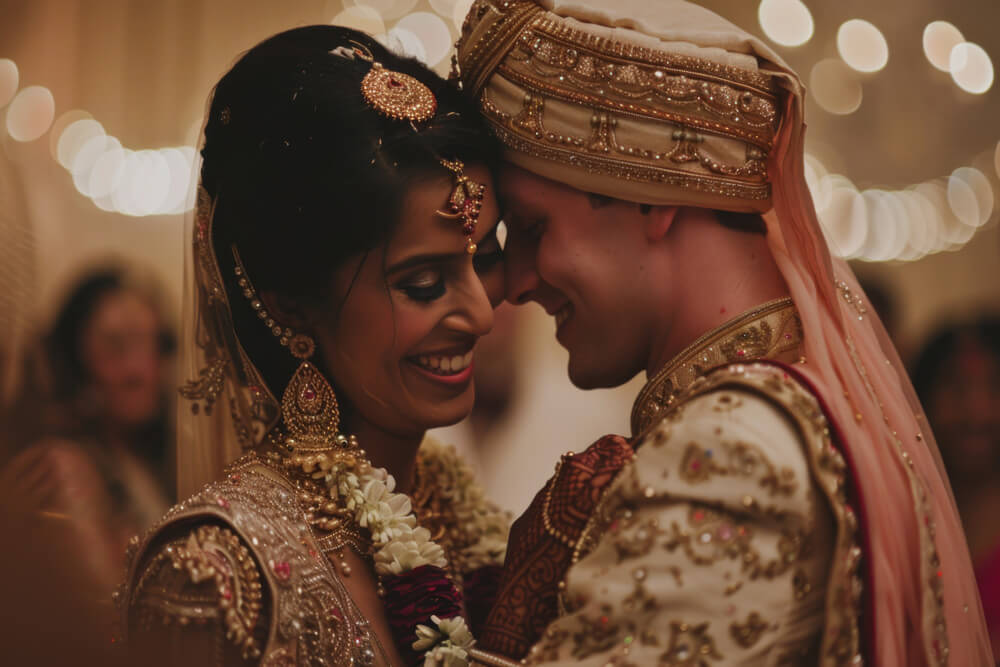Weddings are a time of joy, celebration, and traditions. One of the most universal and joyous aspects of wedding ceremonies around the world is the wedding dance. From the waltz in Western weddings to the intricate dance rituals of African cultures, dance plays a crucial role in bringing communities together and celebrating the union of the bride and groom. Understanding these diverse traditions can provide a deeper appreciation for the rich cultural tapestries that make each wedding unique.
At Windows on the Water, we cherish the beauty of diverse cultural expressions. Our stunning outdoor venue in New Jersey offers the perfect backdrop for incorporating any cultural dance tradition into your wedding celebration. Whether you envision a traditional dance or something uniquely yours, our expansive spaces and scenic views provide the ideal setting for your dream wedding. Let us help you bring your cultural dance traditions to life, making your wedding day unforgettable for you and your guests.
How is Dance Integrated into African Weddings?
In many African cultures, dance is integral to the wedding ceremony, symbolizing joy, celebration, and community unity. The traditional dances often involve the entire community, creating a festive atmosphere where everyone participates in the celebration. These dances are not just for entertainment but carry deep cultural significance, often telling stories of love, unity, and the joining of two families.
One prominent example is the “Gwara Gwara” dance from South Africa, which has gained international fame. This dance is often performed during wedding celebrations and is characterized by energetic and rhythmic movements. It serves as a way for the couple and their guests to express their joy and celebrate the beginning of a new life together. Similarly, in Nigeria, the “Yoruba Bata” dance is a staple at weddings, featuring drums and lively movements that engage all attendees in the celebration.
In addition to the dance performances, African weddings often include symbolic dances that represent the couple’s new journey together. For instance, in Ghana, the traditional “Adowa” dance involves the bride and groom performing specific steps that symbolize their new roles and responsibilities in marriage. These dances, rich in tradition and meaning, highlight the importance of community and cultural heritage in African weddings.
What Role Does Dance Play in Asian Wedding Traditions?
Asian wedding traditions are incredibly diverse, with each country and culture having its unique dances that add color and vibrancy to the celebrations. In India, for example, dance is a fundamental part of the wedding festivities, with events like the “Sangeet” dedicated entirely to music and dance. During the Sangeet, family members and friends perform choreographed dances, often telling the love story of the couple through Bollywood-style performances.
In Chinese weddings, the “Lion Dance” is a popular tradition believed to bring good luck and fortune to the newlyweds. The dance involves performers in elaborate lion costumes moving to the beat of drums and cymbals. The Lion Dance is not only a spectacle but also a deeply symbolic performance meant to ward off evil spirits and bless the marriage.
Japanese weddings, while generally more subdued, also incorporate dance through the “Bon Odori.” This traditional dance, often performed during the reception, involves simple, repetitive movements that everyone can join in. It reflects the Japanese values of simplicity, community, and harmony. Each of these dances, unique to their respective cultures, plays a crucial role in adding joy and meaning to the wedding celebrations.
How Do Western Wedding Dances Differ?
Western wedding dances, though varied, tend to focus on the couple’s first dance, symbolizing their first steps together as a married couple. The first dance is often preceded by the father-daughter dance and the mother-son dance, each carrying its sentimental value and tradition. The first dance is a highlight of the wedding reception, with the couple choosing a song that holds special meaning to them.
One of the most popular Western wedding dances is the waltz, characterized by its graceful and elegant movements. Many couples take dance lessons before their wedding to perfect their waltz and make their first dance memorable. Other popular dances include the tango, foxtrot, and even contemporary dances, reflecting the couple’s personal style and preferences.
In addition to the first dance, Western weddings often include a variety of group dances that encourage all guests to participate. From the lively “Macarena” to the classic “Electric Slide,” these dances add a fun and interactive element to the celebration, ensuring everyone has a memorable time. Western wedding dances, while often more individualistic than their African and Asian counterparts, still play a vital role in creating a joyous and festive atmosphere.
Why Choose Windows on the Water for Your Wedding?
At Windows on the Water, we understand the importance of cultural traditions and personal touches in making your wedding day special. Our venue offers a picturesque setting that can accommodate any dance tradition, ensuring your celebration is as unique and meaningful as your love story. With our spacious outdoor areas, stunning lake views, and impeccable service, we provide the perfect backdrop for incorporating your cultural dance traditions into your wedding.
We are committed to making your dream wedding a reality. Whether you envision a traditional dance performance or a modern celebration with a mix of dance styles, our team will work closely with you to ensure every detail is perfect. Contact us at (609) 208-9475 or visit our contact form to start planning your unforgettable wedding celebration.

